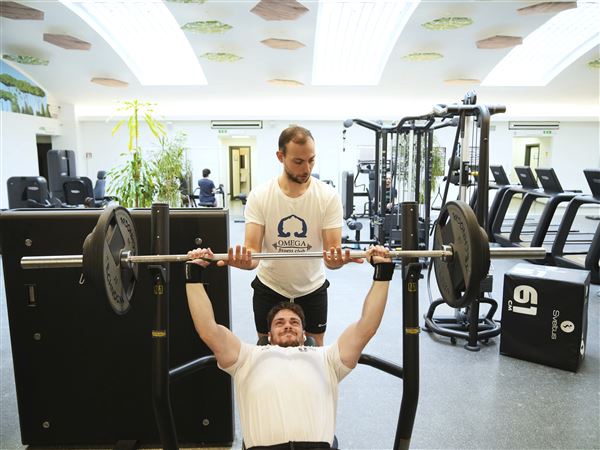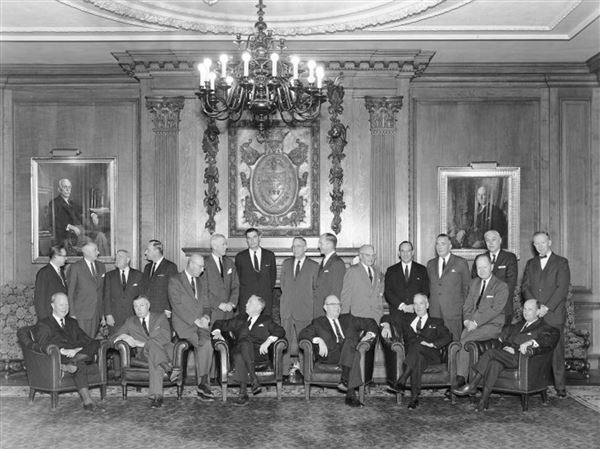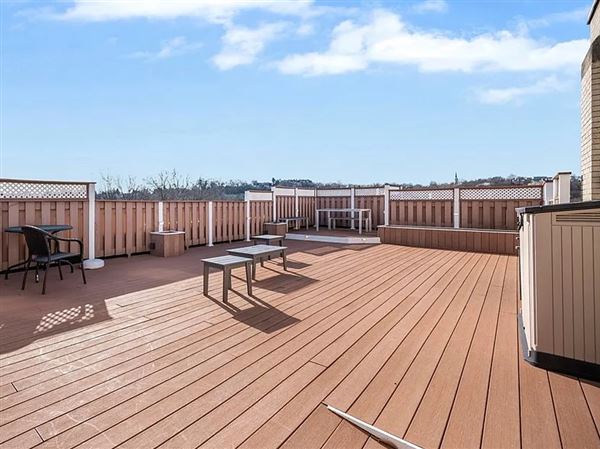This week in gaming: The Majestic Star Casino, planned for Pittsburgh's North Shore, may be facing another court battle. Already, competitors for Pittsburgh's lone slots license, Forest City Enterprises and Isle of Capri Casinos, have petitioned the Supreme Court for some kind of intervention, reversing the Pennsylvania gaming board's December 2006 decision. Now, the Carnegie Science Center, the casino's neighbor-to-be, says it, too, will seek the Supreme Court's intervention, and plans to file an appeal of the city planning commission's approval of the casino master plan last month.
Unless, that is, the science center and Don Barden, who are still talking today, arrive at a miracle compromise. If they don't, reports the P-G's Mark Belko, "Mr. Barden is threatening his own litigation against the science center if it moves forward with an appeal."
You can practically hear the sabers rattling, can't you?
Meanwhile, the Steelers plan to issue a statement today at 3 p.m., indicating that they may file a lawsuit in conjunction with -- or instead of -- the science center.
... Gov. Ed Rendell promised the Pittsburgh Penguins $7.5 million a year for their new arena, and that money is supposed to come out of the state's share of slot machine revenue. Reasonable plan. Problem: What happens if his Legislature doesn't go along with it?
... From the weekend: The Meadows in Washington County is reaching out to neighboring businesses, both for its promotional and vendor needs.
Save the ponies!
Horseracing folks constantly talk about how slot machines at racetracks are needed to save the sport in (State X), but inevitably, in places where racinos are legalized, the presence of the slots machines at racetracks does nothing to increase interest in the sports of thoroughbred or harness racing, nor does it increase betting on the sport. In fact:
"In Delaware, statistics show that live betting on thoroughbred horse racing has dropped by 40 percent since slots were legalized in 1996," says the Associated Press.
It's not about attracting new fans -- it's about cutting the tracks and the jockeys in on the slots deal. As long as the slots revenues pad the track's bottom line and boost the racing purses, who cares how many butts are in the seats?
Dispatches from the border
Will the anti-casino advocates ever shake this losing streak? They hope that a (surprise, surprise) lawsuit might do the trick: A group that has fought plans to add table games to West Virginia's racetrack casinos said Monday it will ask a federal court to overturn a state law allowing four local elections on the issue. The decision by the West Virginia Family Foundation, a conservative Christian activist group, reverses an earlier position."
Previously, the group had said it would await the outcomes of all of the county-by-county elections before pursuing court action.
... West Virginia casinos claim they plan to use the live dealers, instead of the computerized ones, says the Herald-Dispatch.
... The Seneca Tribe is getting ready to open its temporary casino in downtown Buffalo.
Odds and ends
New Jersey is still contemplating the legalization of slot machines at horseracing tracks, but is getting resistance from the big boys in Atlantic City ... The state Supreme Court has knocked down appeals from Philadelphia's city council and city residents, who had hoped to prevent the city's two proposed casinos from being built on the city's riverfront ... Donald Trump, a mainstay and a pretty much a brand name in Atlantic City, might be on his way out: "With his gambling halls still struggling and his casino company reviewing bids from possible buyers, this could be the end of the show for Trump in Atlantic City. People familiar with negotiations to sell his casino company -- Trump Entertainment Resorts Inc. -- say a sale could be announced this week." (That's via the Inky) ... A casino battle near Boston ... California tries to compete with Nevada: "Gov. Arnold Schwarzenegger signed agreements Wednesday with four Indian tribes that could dramatically expand casino operations in California -- adding to what is already a $7 billion industry."
Come back soon.
First Published: June 28, 2007, 4:45 p.m.















